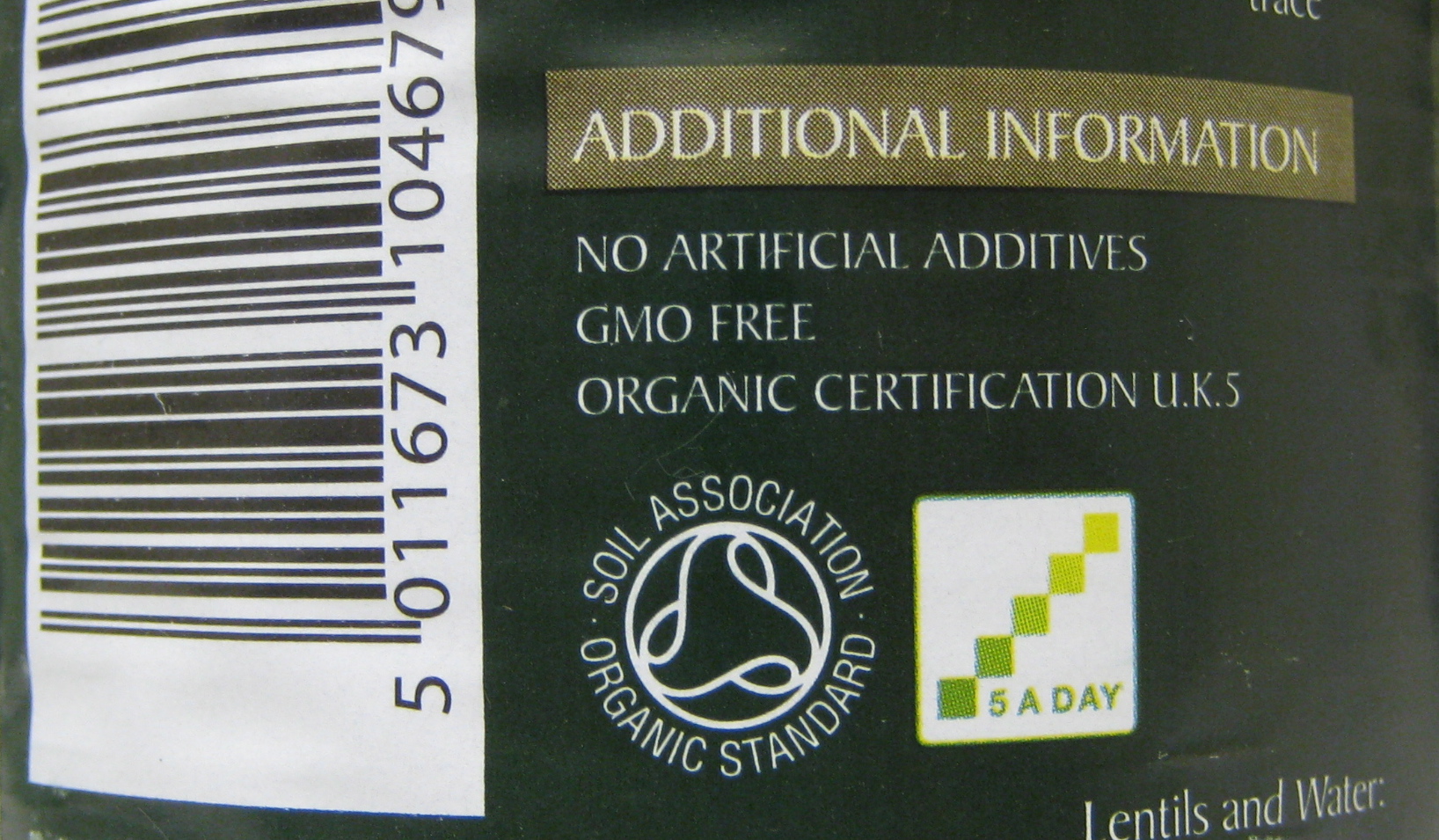
June 3, 2012, by Brigitte Nerlich
GM food, war metaphors and the perils of political entrenchment
It’s the Jubilee weekend. It’s raining. So I am looking through some tweets. Some make me think I should cheer myself up by writing a blog about songs used to make science (especially quantum physics!) public, others make me think that I really should write something about war metaphors in the current GM debate. As the songs can wait, I decide to go for the latter. Over a decade ago ago I wrote a few articles on cloning and GM, GMOs, genetic engineering, genetically modified foods and crops, etc., as so many social scientists did then. A lot of research carried out then focused on monster metaphors such as Frankenfood and dissected their meanings. What strikes me about the current resurgence of GM discourse is the relative absence of Frankenstein. Instead we find almost ubiquitous metaphors of war, battle and fight (although, I have to confess, I have not done any substantial empirical study of that phenomenon). This shift from monsters to war may be due to a loosening of semantic and associative ties between genetic modification and cloning, links that were very strong at the end of the 1990s when Dolly the sheep strutted her stuff, and a current tightening of semantic links and associations between genetic modification and an increasing fear and distrust of science in the context of food security and climate change (in some parts of the world and in some parts of the populations inhabiting those worlds).
War metaphors
As one can see from this google trends graph, there has certainly been a bit of a lull in public (media) debate about GM between around 2004 and now. The more recent (modest) rise in interest is probably due to the fact that the issue of GM has come to be linked to those of food security and climate change. And in both the GM debate and the climate change debate war metaphors are starting to become more visible (I can’t say more frequent or salient because I haven’t done the maths). This is troubling. Why? One might argue that the words war, battle, fight etc are, after all, merely used metaphorically in these contexts. As George Lakoff has pointed out in his article written during the first Gulf War: “Metaphorical thought, in itself, is neither good nor bad; it is simply commonplace and inescapable. Abstractions and enormously complex situations are routinely understood via metaphor. Indeed, there is an extensive, and mostly unconscious, system of metaphor that we use automatically and unreflectively to understand complexities and abstractions.” However, he also noted in the same article that ‘metaphors can kill’. Metaphors are not just decorative linguistic devices, they have performative force and ethical consequences (and, of course, as the metaphor Frankenfood has shown, they have economic consequences too).
What does this mean in the context of GM and war? Let us look briefly at some examples. Last week’s protests against research into GM crops at Rothamsted were widely covered in the media (articles collected here). A brief look reveals the use of many words and phrases related to the field of war and battle, such as war, battle, fortress, battlefield, attack, vandalise, raid, trash, destroy, thwart, repel, protect. Some of these words were used metaphorically, such as war and battlefield, some literally, as protesters ‘really’ wanted to destroy GM crops (or as it was euphemistically called ‘decontaminate’ the field in which they were growing), and police ‘really’ managed to stop them from doing so. This mixture of literal and metaphorical war language is quite dangerous, as one potentiates the other. This becomes even worse when you throw ‘inflammatory’ words like ‘anti-‘ into the mix: anti-GM, anti-science (linked to bad science, pseudoscience etc.), which others have extensively commented upon (Jack Stilgoe, Alice Bell, Peter Broks etc.). This leads to what Peter Weingart calls ‘discursive overbidding’ and may also lead, as George Annas has claimed with relation to war metaphors in medical discourse, to overmobilisation and stimatisation. In our case there is stigmatisation of those protesting against GM as anti-science and those doing research on GM as pro-science. The end result is a war of words that completely sidelines the issue of GM itself.
Ethical implications
What are the ethical and policy implications of this spread of a war language? The most dangerous consequences probably are rhetorical and political entrenchment, where neither ‘side’ or ‘camp’ can sustain a scientific, political or moral argument that resonates with the wider public. This then carries the real risk of a loss of public trust in science and with it public trust in science polices related to food, food security, and global warming. Is there a way out of this dilemma or stale-mate? One way forward has been proposed by the science communication expert Matthew Nisbet who stressed “the need for scientists to join activists in discussing weaknesses in our regulatory process and commercialisation regimes”. That is to say, don’t get bogged down in pro- and anti- science wars, sit down and talk about how (GM) science is done and how it is regulated in an (unavoidably) commercial context. Make tea not war.
PS, added 7 March, 2013 blog on GM debate in Discover magazine (on crop wars)

[…] Science Public: GM food, war metaphors and the perils of political entrenchment Making Science Public: Making science policy public: Exploring the pitfalls of public protest […]